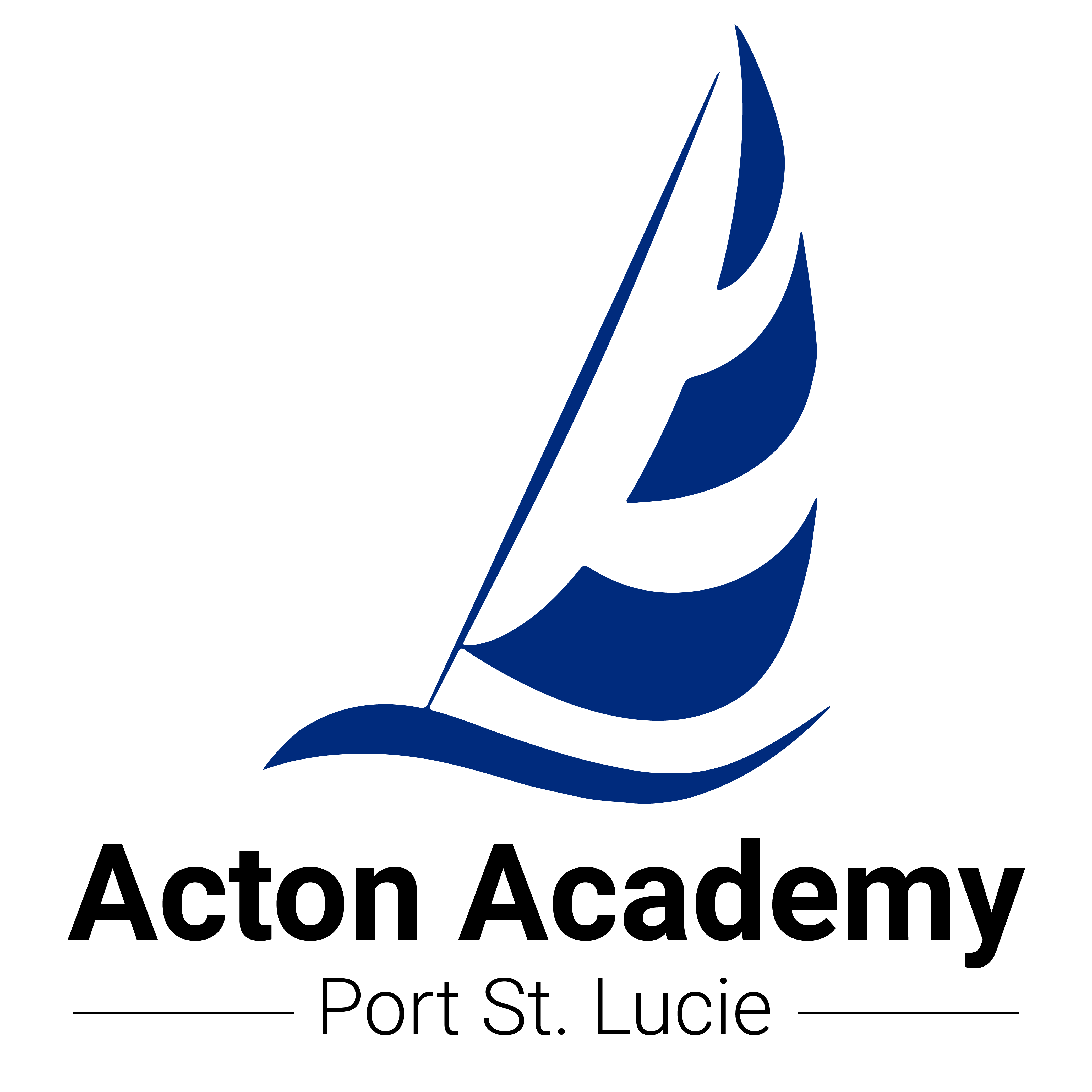Homeschooling has surged in popularity since the onset of the COVID-19 pandemic, in large part due to dissatisfaction with public schools.
Anywhere from about 3-5% of the K-12 population was homeschooled before the pandemic, and although we don’t have up-to-date numbers yet, we know that at one point it reached 10% in the last three years. And according to the National Home Education Research Institute, these homeschooled children are outperforming their peers in traditional schools.
But there’s usually one fear or criticism associated with homeschooling: The lack of socialization.
One of the most common misconceptions about homeschooling is that homeschool children won’t get proper socialization. There’s a lot to say about how traditional schooling may be having negative effects on children’s socialization, but regardless, it’s worth talking about this issue when it comes to homeschooling.
Certainly there are some homeschool families who shelter their children. I’ve found this to be less than maybe 5% of the homeschooling population. These are the ones who are usually used to paint all homeschoolers as ignorant, sheltered religious fanatics.
But I’ve found that the majority just want to let their child shine and not be held back by arbitrary standards and a nightmarish political bureaucracy.
Still, there is a point to be made about socialization, and I’ve found it to be the biggest concern for most homeschool parents I’ve talked to. If homeschool children aren’t able to interact with other children, they will lose out on lots of valuable social skills, experiences, and memories.
Fortunately, lots of homeschool groups have formed all across the city. I am a member of the Homeschooling & Microschooling in Port Saint Lucie Facebook group, and I’ve found it to be full of delightful people, with lots of coordination for joint activities for both homeschoolers and microschool students.
But simply going out and associating with other children while doing activities isn’t the same as creating a community or “tribe” of like-minded heroes who hold each other embark on their own journey, push each other to achieve excellence, and hold each other accountable.
That’s what Acton can provide that homeschooling can’t. Let me explain.
Learning accountability
There are some things that homeschool just can’t provide that Acton can. One of those is peer accountability.
Peer accountability is when learners (or heroes, as we like to call them) hold each other accountable for their assignments. Rather than having a central authority (aka an adult) who decides if the quality of work is good or not, peers review each other’s work. And at Acton, they evaluate work based on one simple question: Is this excellent?
A child responds much differently to an adult who asks them if their work is excellent — especially to a parent — than to a group of peers. And the thing is, at Acton, the peers usually hold each other to a higher standard than the adults would.
It is very easy as adults to fall into the trap of accepting mediocre work from children, because we know they are still growing and we worry that our criticisms might dampen their curiosity. But that’s not the case when that feedback comes from fellow peers.
Then there are the contracts. Acton is full of contracts. We the owners make contracts with our guides, the guides with the learners, our personnel with parents, and the learners between themselves. This is just something that isn’t replicated in any other setting.
Our heroes will come up with a contract that guides the studio (the “class”), and they’ll hold each other accountable to it. Those contracts will include punishments. I’ll provide an example of how this works that is shared by my co-founder, Allyson, when she visited an Acton in St. Cloud where she saw a 7-year-old leading the studio in a discussion. One girl was disrupting the discussion and going off to play by herself.
In a traditional setting, the teacher would issue warnings and eventually some kind of punishment to the child. In most homeschool settings, mom or dad would issue the punishment.
But in St. Cloud, the 7-year-old discussion leader stopped the discussion, calmly caught her attention and gave a gentle warning. When she disrupted a second time, he respectfully reminded her this was her second warning and that if it happened again she would be asked to leave the circle. After her third disruption, he calmly asked her to sit outside of the circle until the discussion was over. She got up quietly and sat at a nearby table until the next work period started.
At Acton, we often see that when a child is called out by their fellow tribe, they’re more likely to learn, and to want to actually change.
Learning to grow and lead
Another issue is the opportunity to mentor and be mentored. Acton is a one-room schoolhouse, with all elementary-age learners in one studio, and it’s the same for middle school and launchpad (“highschool”). All of our guides and owners make a contract with the learners that they will remain Socratic and never answer any questions. So what happens when a 7-year-old is struggling with math problems?
Say your traditional 2nd grader, age 8, really struggles with multiplication. They’ve been at Acton for a month or two now, and they’re still struggling. In the spirit of taking ownership for their learning, they’ve tried looking up videos to help explain how it works, but even Khan Academy doesn’t seem to be the right fit. That’s where all of us adults would have the natural urge to step in and help them, a well-intentioned endeavor.
But even better would be for the 8-year-old to approach a 10-year-old (traditional 4th grader) and ask for help, or for that 10-year-old to reach out to offer help after noticing the younger hero is struggling (afterall, Acton’s curriculum is entirely transparent, so every parent and hero can see the progress of everyone in the studio).
The 10-year-old spends about 20 minutes of their day walking the younger hero through the issue they’re having, and soon enough, the little hero is able to “slay that dragon” of math and move on. And they get to do so while having fostered the tribe of lifelong learners with their studio.
The cynic would say that the 10-year-old lost a valuable 20 minutes of their own learning. But in reality, that hero just learned how to lead, how to mentor. It’s just like the example in St. Cloud, where a 7-year-old was leading a discussion and upholding consequences. When Ally told this story to a local church leader, he said, “A 7-year-old? That sounds like a future president of the United States.”
Leadership and mentorship aren’t things that can be taught with worksheets, textbooks, or PowerPoints. And they are certainly worth 20 minutes of foregone work on math or reading. Because growth can’t be taught.
Learning how to build and foster community
You’ve seen me use the word “tribe” a few times in this article. I don’t use that to mean some negative form of tribalism, like that our heroes learn to hate and “other” children in other schools. I use it to denote the sense of a community that Acton heroes build together.
At traditional schools, children don’t learn how to create a community because the classroom doesn’t operate like one. There is a central authority who doles out all the rules, all the punishments. The teacher teaches — that’s the central function.
In homeschooling, building a tribe is near impossible. Certainly siblings can build a family tribe, but that’s bound to happen regardless.
Just look at the St. Cloud example. The disruptive girl wasn’t just impeding learning. She, likely unintentionally, was telling the tribe through her actions that she didn’t care about the rules set in the contract that each of them signed. Like every hero, she arrived at a fork in the road: Would she change for the better and accept the studio’s help so she could improve, or would she revert?
Most every child will want to improve. They don’t want to disappoint peers in a community they care about. And when you’re part of a learner-driven community that has ownership over itself (rather than a classroom where that ownership is held by a teacher), you definitely want to change.
We understand this in sports settings. I remember being a goalie for my soccer team in 4th grade and how I felt like I let my team down because, having not practiced at all, the opposing team had scored every single goal they shot. I trained outside of soccer practice to get better and better. I begged coach to put me back as a goalie during the last two games, and our opponents never scored a goal.
My coach’s disappointment didn’t motivate me. His “punishment” of not letting me play goalie didn’t motivate me. It was the fact I had let down my team, my fellow peers.
That’s why we work so hard to put in systems and processes that give the learners that ownership, and prevent guides, owners, and parents from disrupting that sacred space.
That’s just not something homeschooling can provide either.
Learning to build autonomy
Many homeschooling parents want their child to be autonomous — they let them create, cook, build, and move around their home space with considerable freedom.
However, it is hard, in the homeschooling experience, for the child to build autonomy away from the protection of the parents.
Ally, who has homeschooled both of her children, has said that while her children remained fiercely independent around her, they seemed to shy away from challenges with others.
“Even though we would join with other children for classes or homeschool pod experiences,” she told me, “my kids always seemed reticent to engage as fully as they did with projects at home.”
Acton is — as Ally likes to say — homeschooling on steroids.
We offer our learners the same freedoms that come with homeschooling – no tests, no homework, condensed work time to make way for hands-on activities and games – with the added benefit of allowing them to become independent thinkers.
Instead of a parent’s voice becoming the voice-in-their-head to guide their actions, they develop their own sense of truth, justice, kindness, and emotional regulation.
Acton learners experience the benefits of homeschooling while developing the additional skill of autonomy.
So, why enroll at Acton instead of homeschool?
There are other benefits to having a child enroll at Acton. Obviously it lightens the burden on the designated homeschool parent, and Acton learners usually test 2-3 grades above their level.
But those aren’t the reasons parents should apply to Acton.
A parent chooses Acton because…
- They believe their child is capable of finding a calling and changing the world.
- They want their child to have complete ownership of their own learning.
- They want their child to build and maintain a tribe of lifelong learners.
- They want their children to be able to think and solve problems on their own, independent of parental presence.
At Acton, we believe, “Your child. Their school.”








